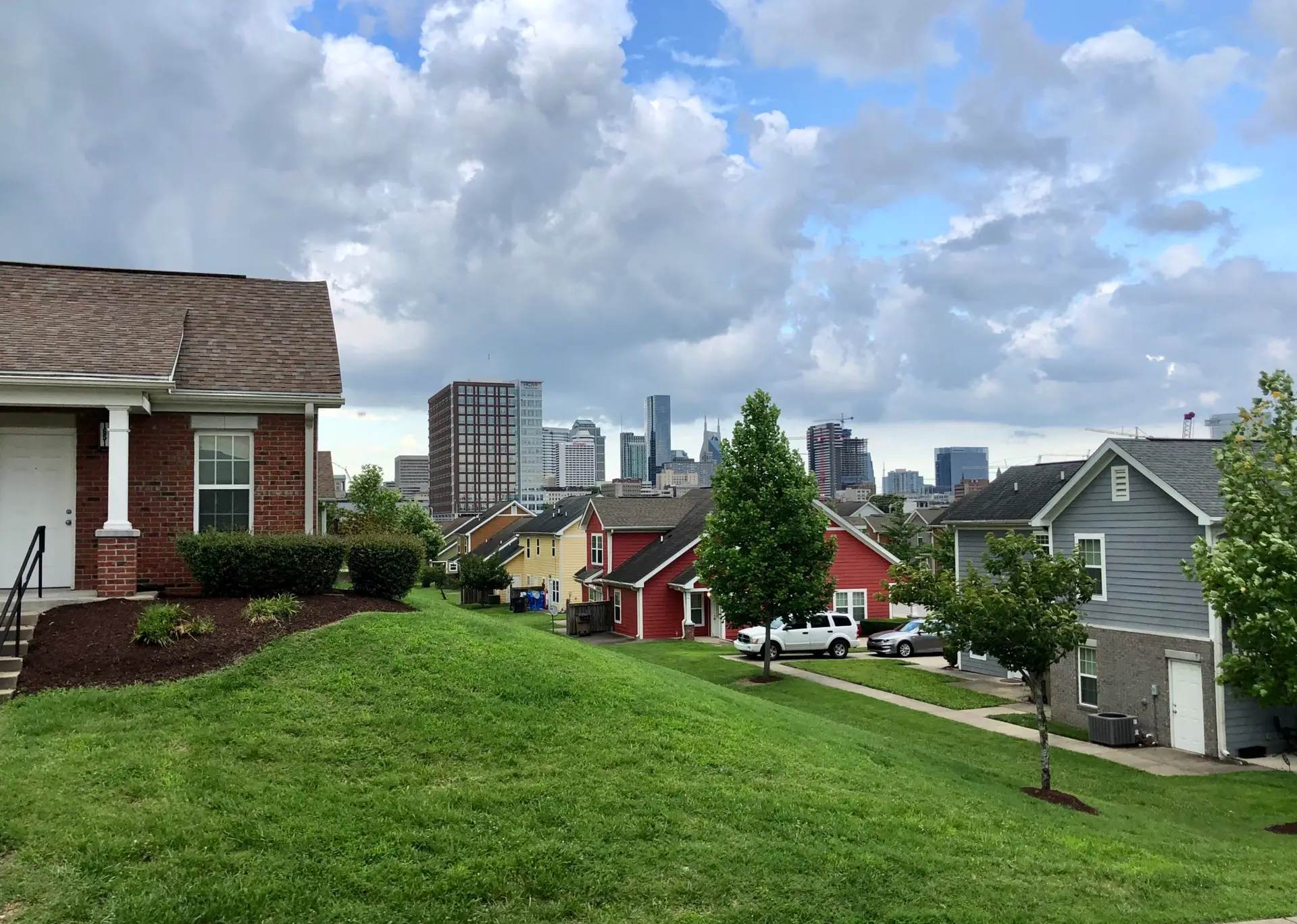The legal definition of an easement is the legal right to use another person’s land for a specific limited purpose. When someone is granted an easement, they are given the legal right to use the property for whatever stated purpose, but the legal title of that certain piece of land remains with the owner of the land.
Many times you will find that easements are granted to utility companies to do things such as run power lines across land. However, utility companies aren’t the only ones to be granted easements. Neighbors may get an easement so that they have access to a road, or anyone who might need access to a piece of private property might do this. One could be granted for a historic district as a preservation easement to restrict changes that can be made to the existing structures. Recreation easements even exist to allow undeveloped areas to be used by the public for activities.
Two types of easements exist: appurtenant or gross. Though there are many purposes for easements, they tend to fall into one of these two categories.
Easement Appurtenant
Easement appurtenants are said to “run with the land.” This means that the piece of land is part of the formal ownership for a specific period of time and if the land were to be ever be sold, the new owner of that parcel will then gain the same access to the land.
An example of this could be that a neighbor is granted access to move his car in and out of the landowner’s driveway. When the neighbor sells his property and a new owner takes over, he/she also has access to the easement of moving their car in and out on the driveway. However, the driveway can’t be used for any other purposes such as grilling out or playing games.
Easement in Gross
An easement in gross is actually just the opposite of the appurtenant. In this case, the personal easement does not transfer with the property deed. Regardless of the location, an easement in gross belongs to a particular person or entity regardless of location and is not specifically attached to a piece of property. These types of easements are typically obtained by commercial entities like utility companies, communication companies, and billboard companies.
How an Easement is Created
Express Easement: These are created by a written agreement between landowners. They must be signed by all parties involved and are recorded with the deeds of the properties.
Easement by Implication: When two parcels of land were once treated as a single trace with a common owner, an implied easement may be created. Easements appurtenants may arise by implication, but easements in gross may not.
Easement by prescription: A prescriptive easement appears if an existing one has been used in a certain way for a certain number of years. The property has to meet certain requirements for it to qualify for this type, such as being open and notorious, being continuous for the statutory period, etc.
If you are purchasing a property and are unsure about potential easements, a land survey will tell you whether or not there are any associated. It’s important that you find out this information before purchasing due to the fact that easements can affect the value of the property. Easements don’t make a land purchase impossible or one that you should run from. Instead, they just need to be considered for how it could affect your certain use of the land.
Give us a call for all of your land survey and engineering needs. We will be glad to help!



